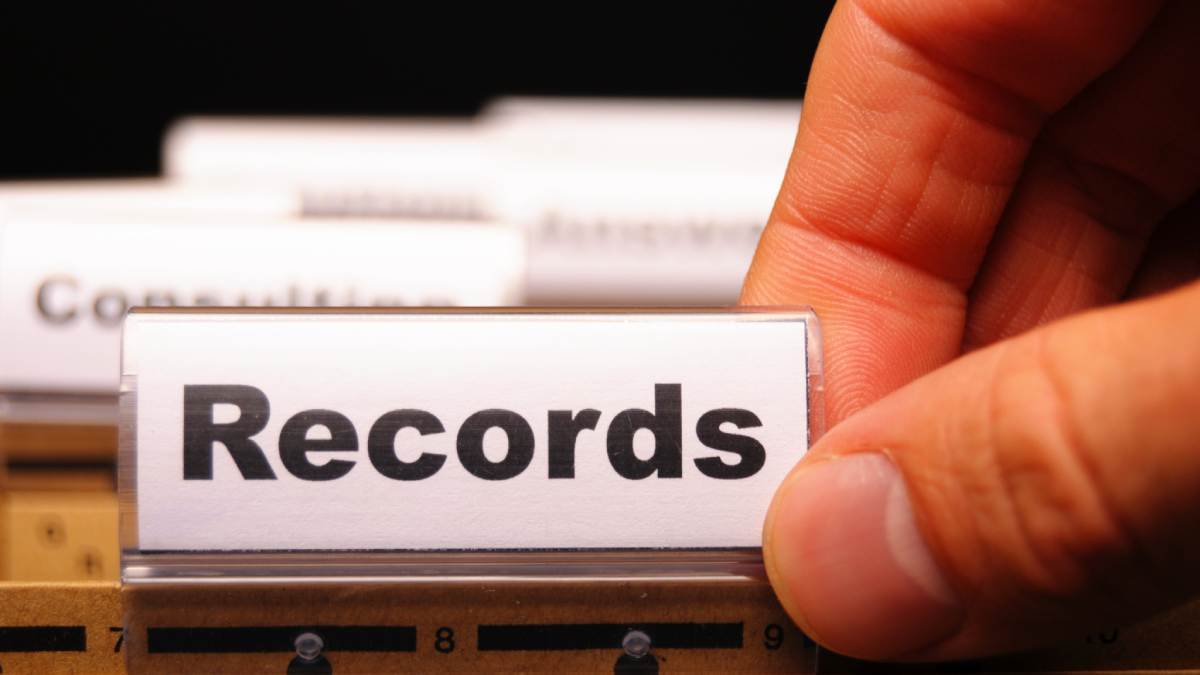Background checks have become increasingly relevant for personal safety and information gathering in digital environments. TruthFinder offers comprehensive background check services that compile public records into detailed individual reports.
TruthFinder’s background check feature works by gathering information from various public sources when users enter a person’s name and last known state of residence. The resulting reports may include criminal and traffic records, employment history, location history, social media profiles, and contact information.
Table of Contents
ToggleStarting the Background Check Process
Using TruthFinder for personal background checks begins with a simple name search. Users enter the person’s full name and state, then refine results using additional information like approximate age or middle initial if necessary. TruthFinder then searches through public records to compile available information about the individual.
The platform processes information from court records, property ownership databases, social media profiles, voter registrations, and other public sources. This comprehensive approach provides a more complete picture than standard search engines, which typically return scattered and potentially unreliable results across multiple websites.
According to TruthFinder’s website, the platform offers access to millions of public records, allowing users to conduct unlimited background searches during their subscription period. The service compiles data from various federal, state, and county databases to create comprehensive reports on individuals.
Common Personal Applications
People use TruthFinder’s background check feature for various personal purposes. Reconnecting with childhood friends becomes easier when users can access current contact information for someone who has moved multiple times. Family researchers use the service to locate distant relatives for genealogical projects or reunion planning.
Those relocating to new neighborhoods sometimes use background checks to learn more about their community. This information helps families make informed decisions about their surroundings and establish a sense of security in unfamiliar environments.
Online dating participants increasingly incorporate background checks into their safety protocols. Verifying basic information before in-person meetings helps confirm that potential dates have represented themselves honestly. This verification process provides additional peace of mind when meeting people initially encountered through digital platforms.
TruthFinder reports may also reveal information about property ownership, business affiliations, and educational history, providing additional context about individuals beyond basic contact details. These comprehensive profiles help users make more informed decisions about potential interactions.
Interpreting Report Information
TruthFinder background reports organize information into several sections, making interpretation straightforward. Users typically focus on certain key areas depending on their specific research goals.
Contact information sections provide current phone numbers, email addresses, and physical addresses that facilitate direct communication. Location history reveals places someone has lived previously, helping confirm identity when searching for specific individuals with common names.
Social media sections link to profiles across various platforms, offering insights into someone’s current activities and interests. These digital footprints often contain information not found in traditional public records.
Criminal record sections may include information about arrests, court cases, and traffic violations. While these records provide important safety context, users should remember that records may sometimes contain errors or outdated information, and minor offenses from years ago might not reflect current behavior.
Using Background Checks Responsibly
TruthFinder operates under regulatory guidelines that restrict certain usage scenarios. The service cannot be used for employment screening, tenant verification, or credit checks, as these activities fall under Fair Credit Reporting Act regulations requiring specialized consumer reporting agencies.
When using TruthFinder for personal background checks, approach the information objectively and recognize that public records may sometimes contain errors or outdated information. Verify critical details through multiple sources when making important decisions based on background report information.
User privacy remains an important consideration. TruthFinder searches stay confidential, and subjects aren’t notified when someone researches their background. This confidentiality places ethical responsibility on users to handle discovered information appropriately and respectfully.
According to TruthFinder’s website, the service is designed specifically for personal use cases rather than professional or financial evaluations. Users must acknowledge during registration that they understand these limitations and will not use the service for purposes regulated by the Fair Credit Reporting Act.
Many users report positive experiences using TruthFinder for personal information gathering. User testimonials on the platform’s website highlight successful searches for friends and family members, with many noting they found people they had been trying to locate for years through other methods.
Also Read: 3 Ways in Which Small Businesses Can Optimize the User Experience of their Corporate Website
Understanding TruthFinder's Background Check Features
Shashi Teja
Related posts
Hot Topics
Understanding TruthFinder’s Background Check Features
Background checks have become increasingly relevant for personal safety and information gathering in digital environments. TruthFinder offers comprehensive background check…
How MLOps Is Shaping the Future of AI in Business
Artificial intelligence (AI) has evolved from a futuristic idea to a strategic necessity for companies looking to innovate, grow, and…



